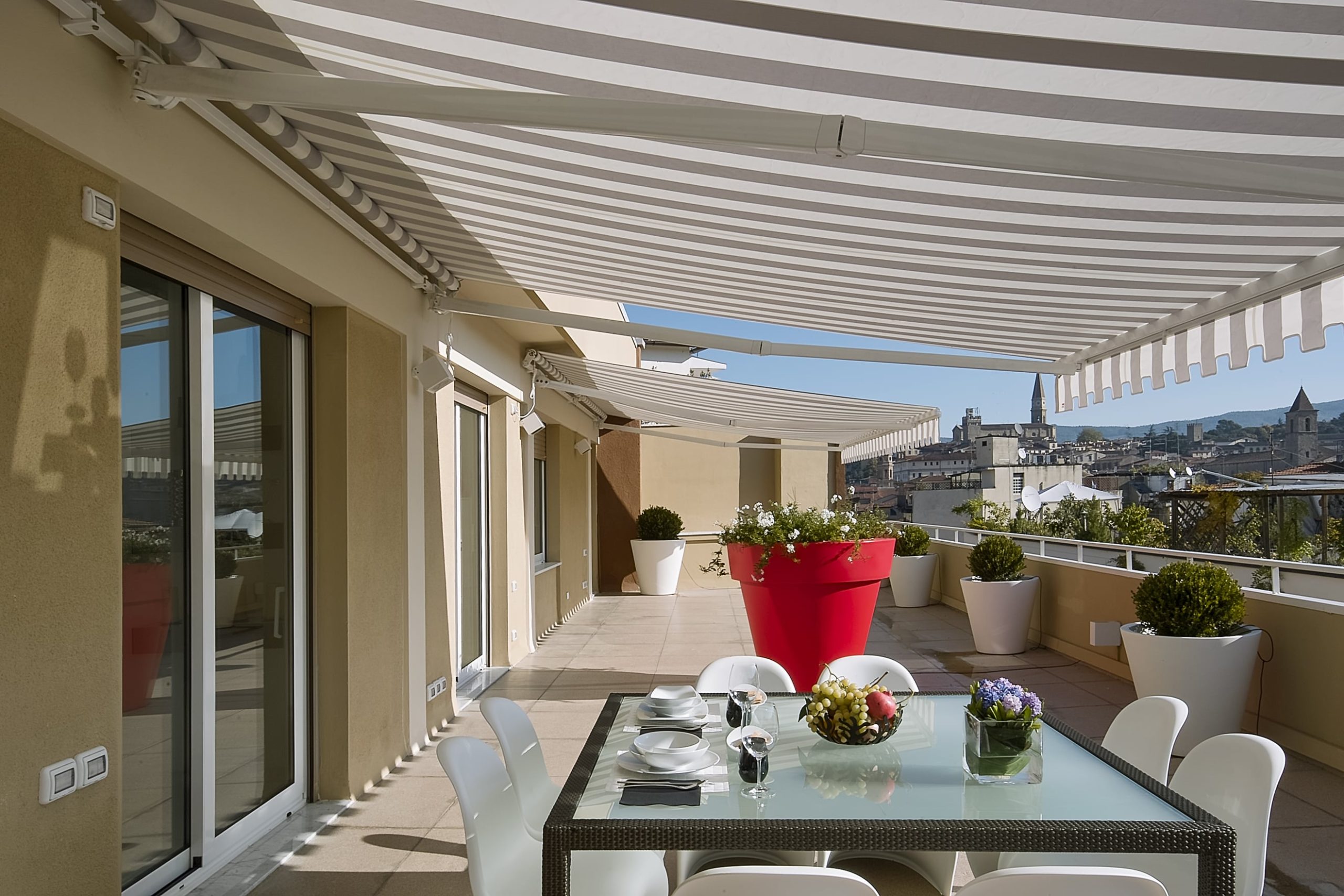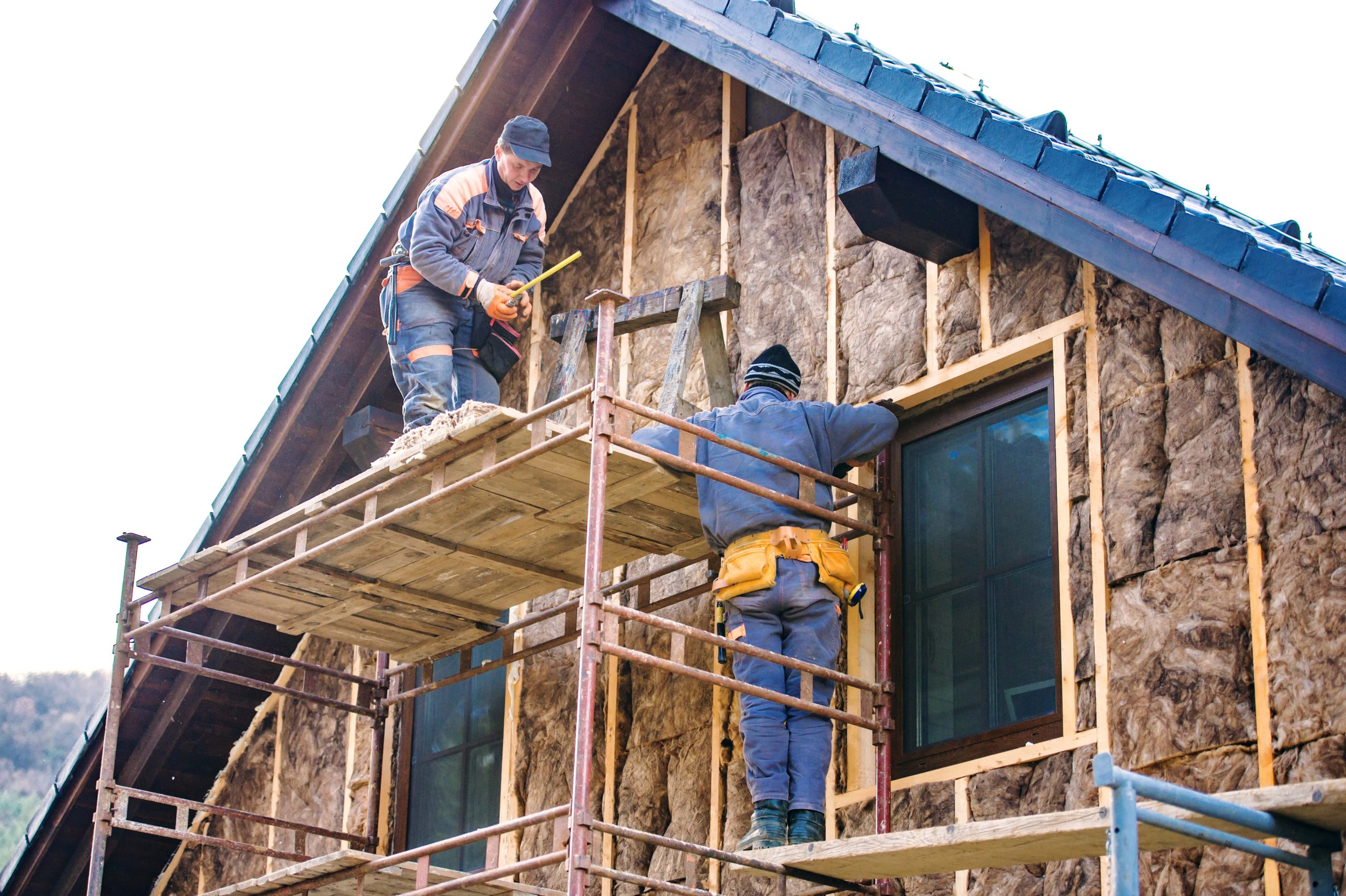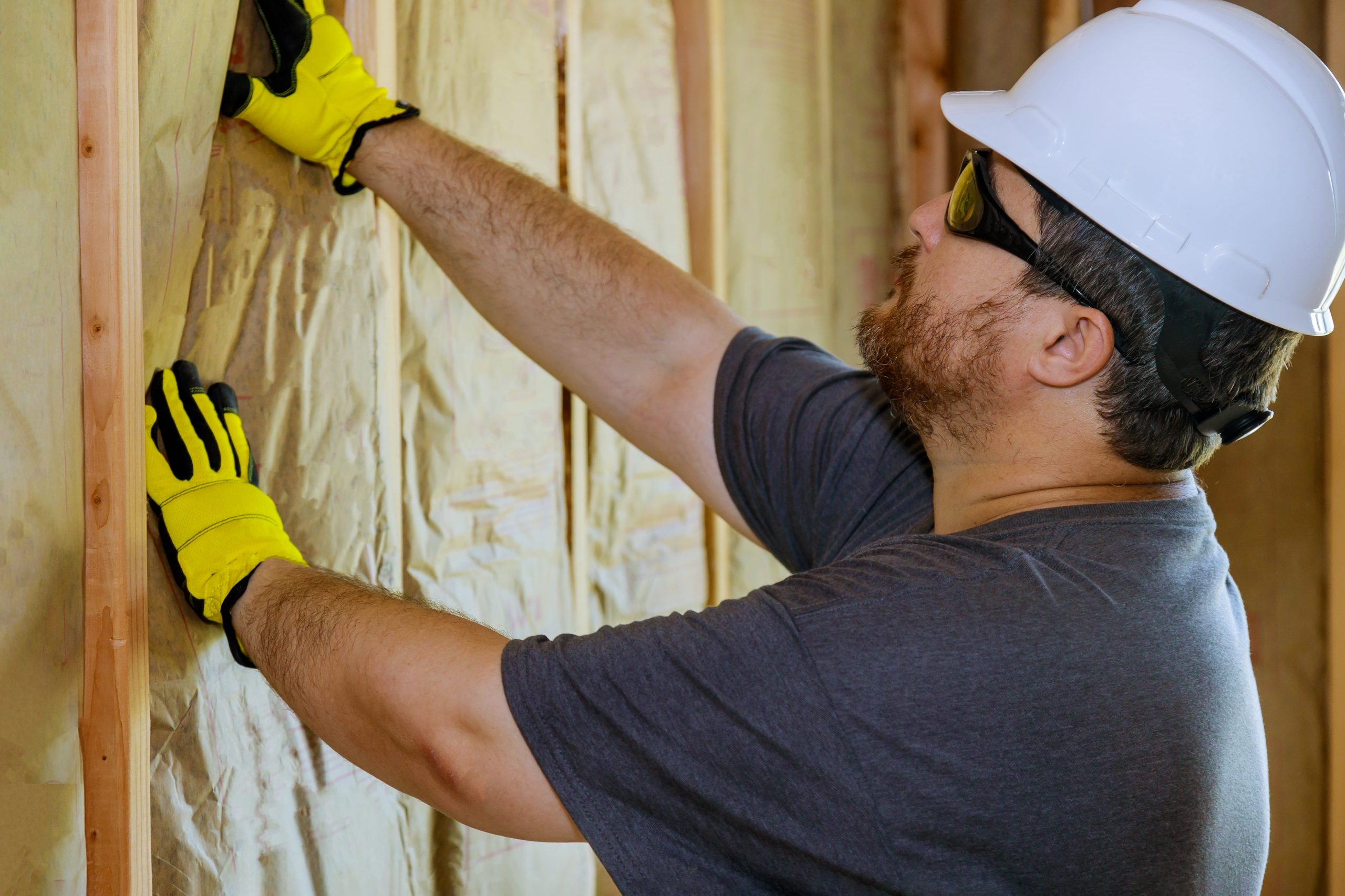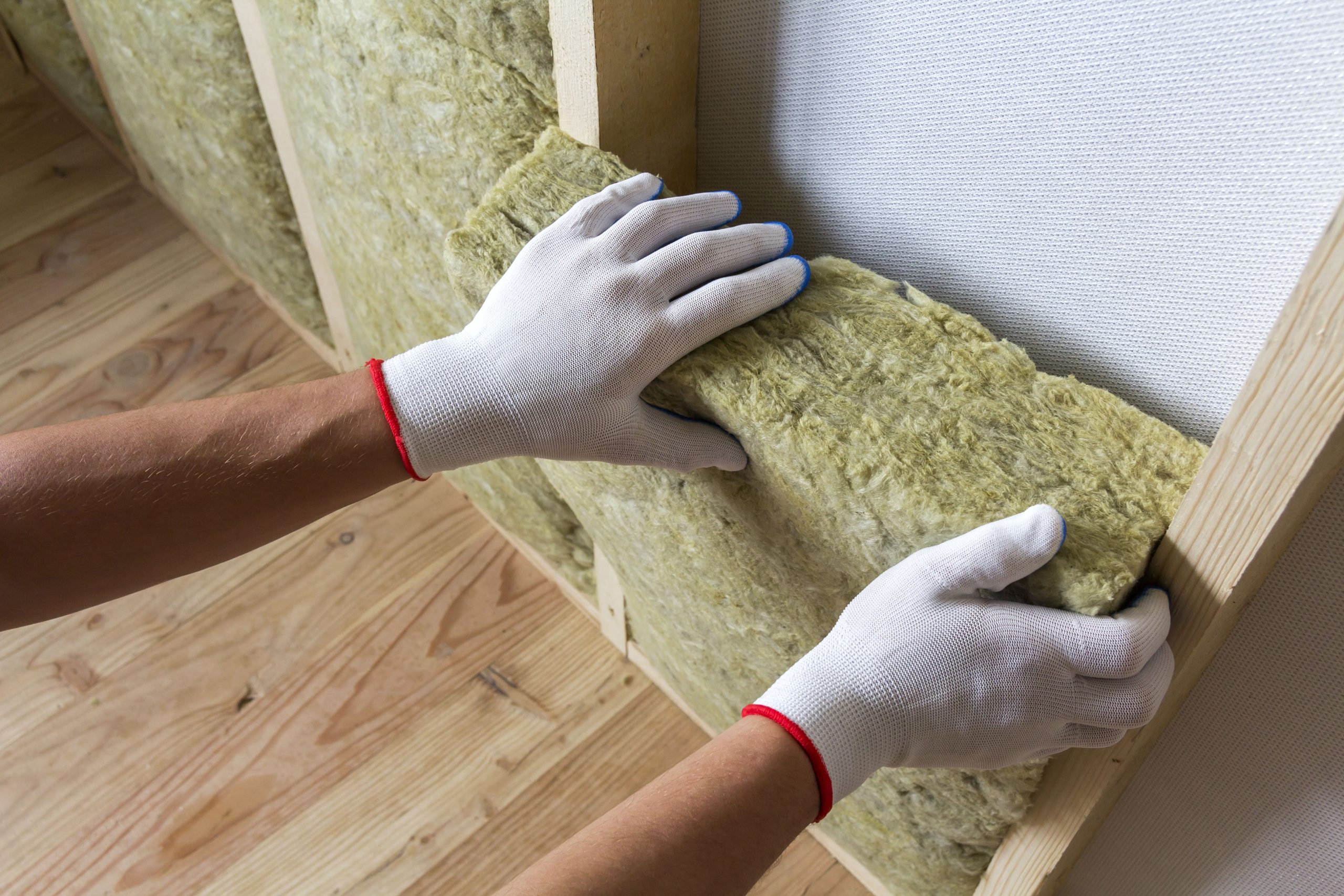uPVC stands for unplasticized polyvinyl chloride, which is a type of plastic that is commonly used in the construction industry for various applications. It is a rigid and durable material known for its excellent properties, making it a popular choice for building components and fixtures.
What is the Meaning of uPVC?
The abbreviation uPVC stands for “unplasticized polyvinyl chloride.” It refers to a type of rigid and durable plastic material used in various applications, particularly in the construction industry. Unlike standard PVC (polyvinyl chloride), uPVC is not plasticized, which means it lacks the flexibility and softness associated with PVC. Instead, uPVC is rigid, durable, and known for its resistance to weathering, corrosion, and chemical exposure. It is widely used in the manufacturing of items such as windows, doors, pipes, gutters, cladding, and other building components due to its excellent properties and durability.
What Material is uPVC?
uPVC, or unplasticized polyvinyl chloride, is a type of rigid plastic material. It is made from polyvinyl chloride (PVC) resin but lacks the plasticizers that make PVC flexible. uPVC is characterized by its rigidity, durability, and resistance to weathering, making it a preferred choice for construction applications like windows, doors, pipes, and gutters. Its properties also include low maintenance, insulation, and resistance to moisture and corrosion.
Is uPVC the Same as Plastic?
uPVC is a type of plastic, but it differs from standard flexible plastic (PVC) in that it is rigid and unplasticized.
Is uPVC Breakable?
uPVC is a durable and rigid material, but it can break under significant force or impact.
How Long Does uPC Last?
uPVC can have a long lifespan, often exceeding 20 years or more, depending on its application, maintenance, and environmental factors.
Avantages of uPVC
-
Costly and Beneficial
uPVC is a cost-effective material for various applications, offering durability and low maintenance, which can lead to long-term cost savings. uPVC’s properties, such as resistance to weathering, corrosion, and low maintenance, make it a beneficial choice for construction and building components.
-
Easy to Maintain Quality
uPVC is known for its low maintenance requirements, allowing for a long-lasting quality appearance and performance with minimal effort.
-
Long Lasting Use
uPVC is appreciated for its longevity, making it suitable for extended use in various applications.
-
Recyclable and Durable
uPVC is both environmentally friendly and durable, as it can be recycled and has a long lifespan, reducing waste and ensuring longevity in various applications.
-
High Security Locking System
uPVC windows and doors often feature advanced locking systems, enhancing security in residential and commercial properties. These systems provide peace of mind and protect against unauthorized access.
Products Made with uPVC
-
uPVC Windows
uPVC is commonly used in the manufacturing of windows due to its durability, insulation properties, and low maintenance requirements.
-
uPVC Door
uPVC is a popular choice for making doors, offering security, weather resistance, and long-lasting performance.




